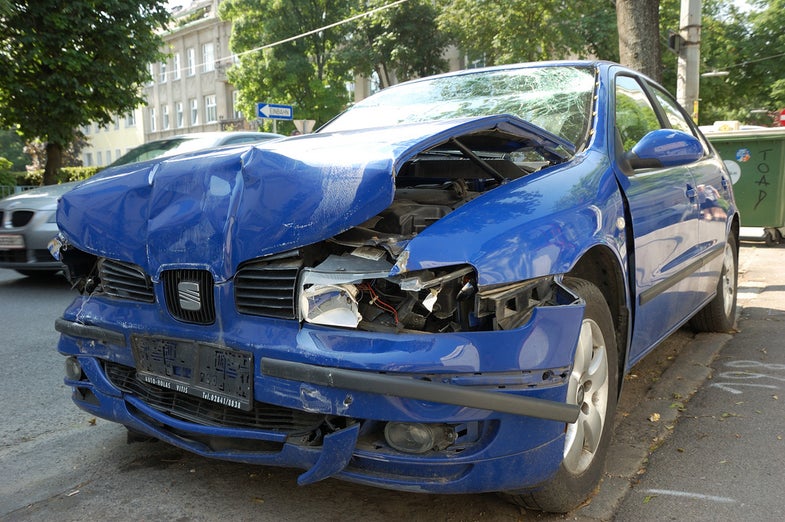New Federal Rules To Require Black Boxes to Record Driver Activity in Every Car
Someday your car will give you recommendations on where to eat, suggest more efficient routes between home and work, and...

Someday your car will give you recommendations on where to eat, suggest more efficient routes between home and work, and even monitor your health. But for now it’s just keeping tabs on your driving habits, recording your behavior in case it needs to be reconstructed after an accident.
Federal officials are poised to announce next month that all cars must contain a black box, similar to that installed on airplanes, to give authorities a glimpse of your activities in the event of a car wreck. The devices could help pin down what happened in the moments before a crash, helping authorities determine who is at fault for what, and eliminating uncertainty from human witnesses.
Many cars with airbags and other systems already use electronic data recorders, but there are no clear federal rules about how the data can or should be used, as Wired’s Autopia blog points out. Some states allow automobile black box data to be used in court, but others do not. Automakers have different, proprietary data storage systems, and there is no clearly defined method to retrieve it.
General Motors can find out plenty of information about your driving habits, as Autopia explains, like whether you used your turn signal and whether you buckled your seat belt. GM can use this information to build better safety systems, but it can conceivably be used by insurance companies, too, when determining how to pay claims or assign fault. Or it could be used by legal authorities to prove guilt or negligence.
It’s not a far leap to car black boxes that can figure out whether you were distracted by your cell phone, for instance, which could help attorneys prove liability in court cases. Combine that with iPhone tracking data and you could really have some privacy concerns.
The National Highway Traffic Safety Administration is expected to issue federal guidelines for how the data can and cannot be used, Autopia says.